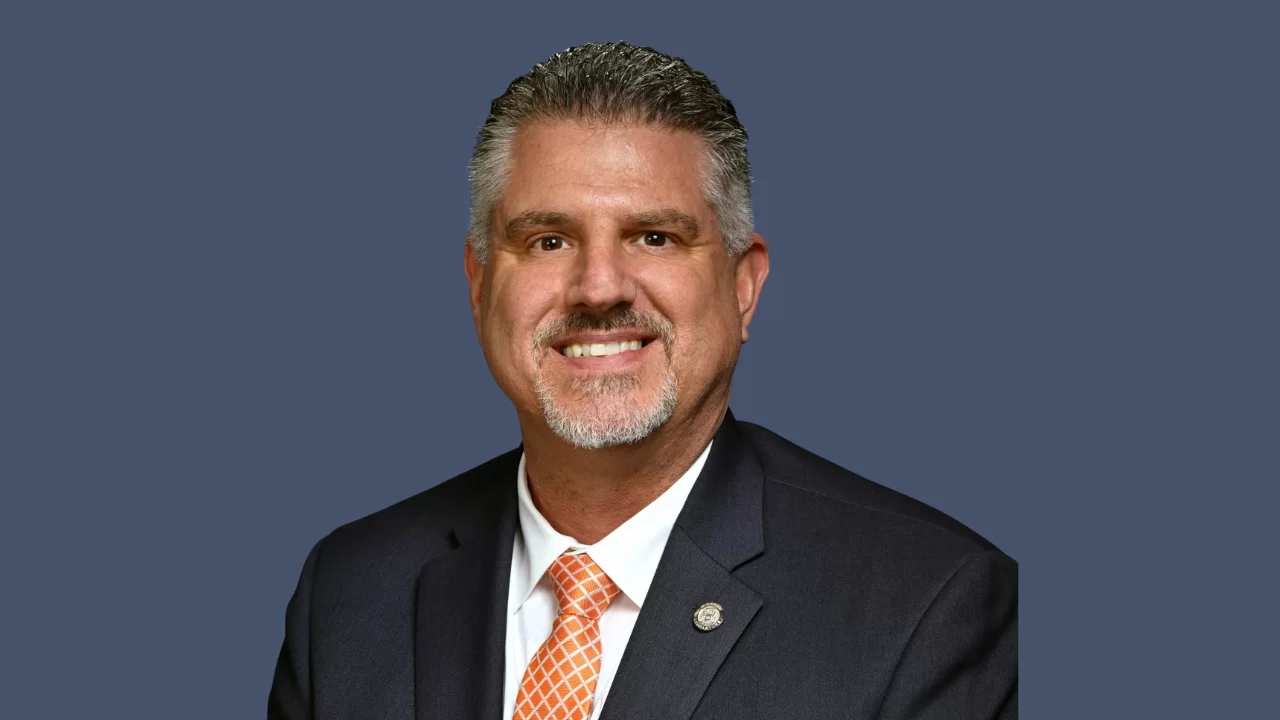State Rep. Mike Hoadley | Michigan House Republicans
State Rep. Mike Hoadley | Michigan House Republicans
State Representative Mike Hoadley criticized Governor Gretchen Whitmer's State of the State address, stating that her proposals and priorities align more with a national political agenda rather than the needs of Michigan families. Hoadley expressed concerns about the governor's plans, which include two years of free community college for all high school graduates, $1.4 billion in housing earmarks, and additional green energy incentives for electric vehicles. He argued that these initiatives demonstrate a pattern of reckless spending and the pursuit of costly, big government ventures.
In his statement, Hoadley emphasized the issue of affordability in Michigan and the struggles faced by families to make ends meet. He called for concrete plans that would make the state more affordable without burdening taxpayers. Hoadley pointed out that other states with lower taxes and less government intervention tend to attract more jobs and residents, suggesting that Michigan should follow a similar model for success.
One of Hoadley's concerns was about abortion policies. He criticized the governor for touting the "Reproductive Health Act," which he described as a partisan and extreme measure that goes beyond what voters wanted. Hoadley argued that this act eliminated basic health and safety standards and other common-sense protections that were in place under Roe v. Wade. He expressed worries that Democrats would use this move to pass other unpopular proposals.
Hoadley also raised concerns about the state's spending habits. He highlighted missed opportunities to make targeted investments in local infrastructure, education, and public safety. Instead, he claimed that Democrats frittered away a $9 billion state surplus on projects like pools, solar farms, and opera houses that do not address real priorities.
The state representative criticized the lack of a coordinated economic growth plan in Michigan, as highlighted by the governor's own population council. He pointed out that the state ranks 39th in personal incomes and 49th in population growth. Hoadley was critical of additional spending plans that he believed missed the mark, including housing subsidies that do not address artificially inflated costs due to prevailing wage.
Hoadley also voiced concerns about the governor's green energy laws, which he claimed would lead to increased electric rates, the shutdown of existing power plants, and a more unstable electric grid. He criticized the governor and Democrats for stripping local control of green energy siting away from communities, giving that power to the Michigan Public Service Commission.
The state representative highlighted the issue of road repairs, asserting that the budget last year did not allocate any new funds to local road agencies. He argued that this shortchanged the infrastructure that people use every day. Hoadley expressed further concern about the governor's plan to take another $700 million in loans for infrastructure, which he believed would put the state further in debt in the long run.
Regarding school funding, Hoadley argued that despite the largest educational investment in Michigan's history, more comprehensive plans are needed to ensure that students do not fall further behind in the classroom. He cited a report from the governor's population council, which stated that seven out of 10 Michigan students cannot read or do math proficiently. Hoadley stressed the importance of bolstering standards going forward instead of limiting them.
Lastly, Hoadley criticized the burden of taxes on the people of northern Michigan, particularly those struggling with inflation and a stagnant economy. He expressed his consistent fight for hardworking individuals and their families to keep more of their earnings, rather than being asked to support a bloated state government budget through increased taxes.
In conclusion, Hoadley argued that the governor's State of the State address lacked concrete plans to make life more affordable for the people of Michigan. He believed that relying on government handouts is not sustainable and places an additional burden on taxpayers when they can least afford it.


 Alerts Sign-up
Alerts Sign-up